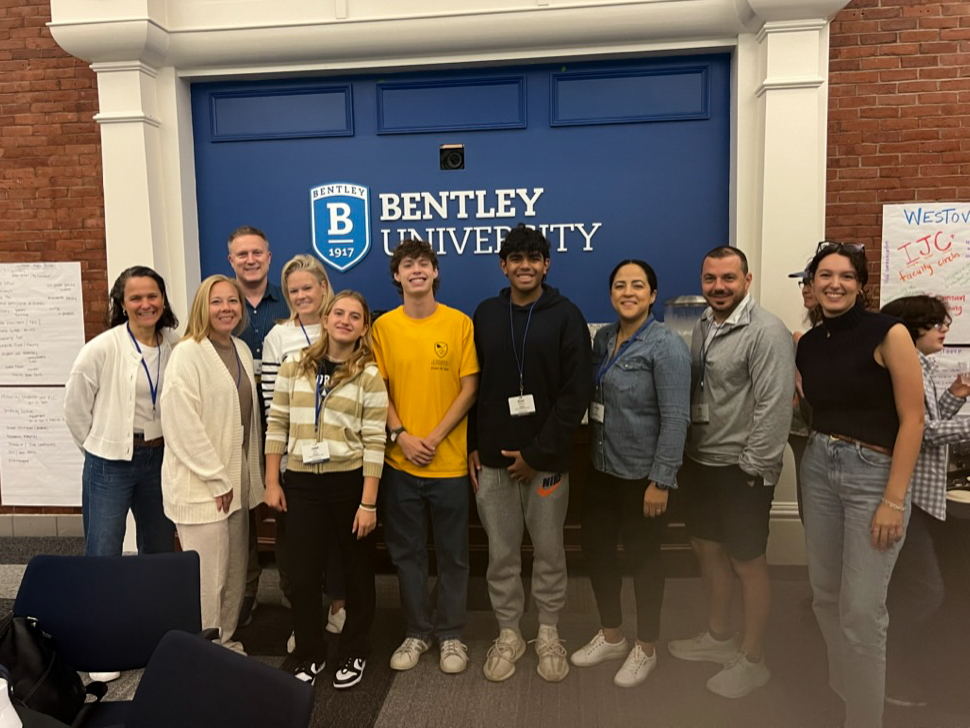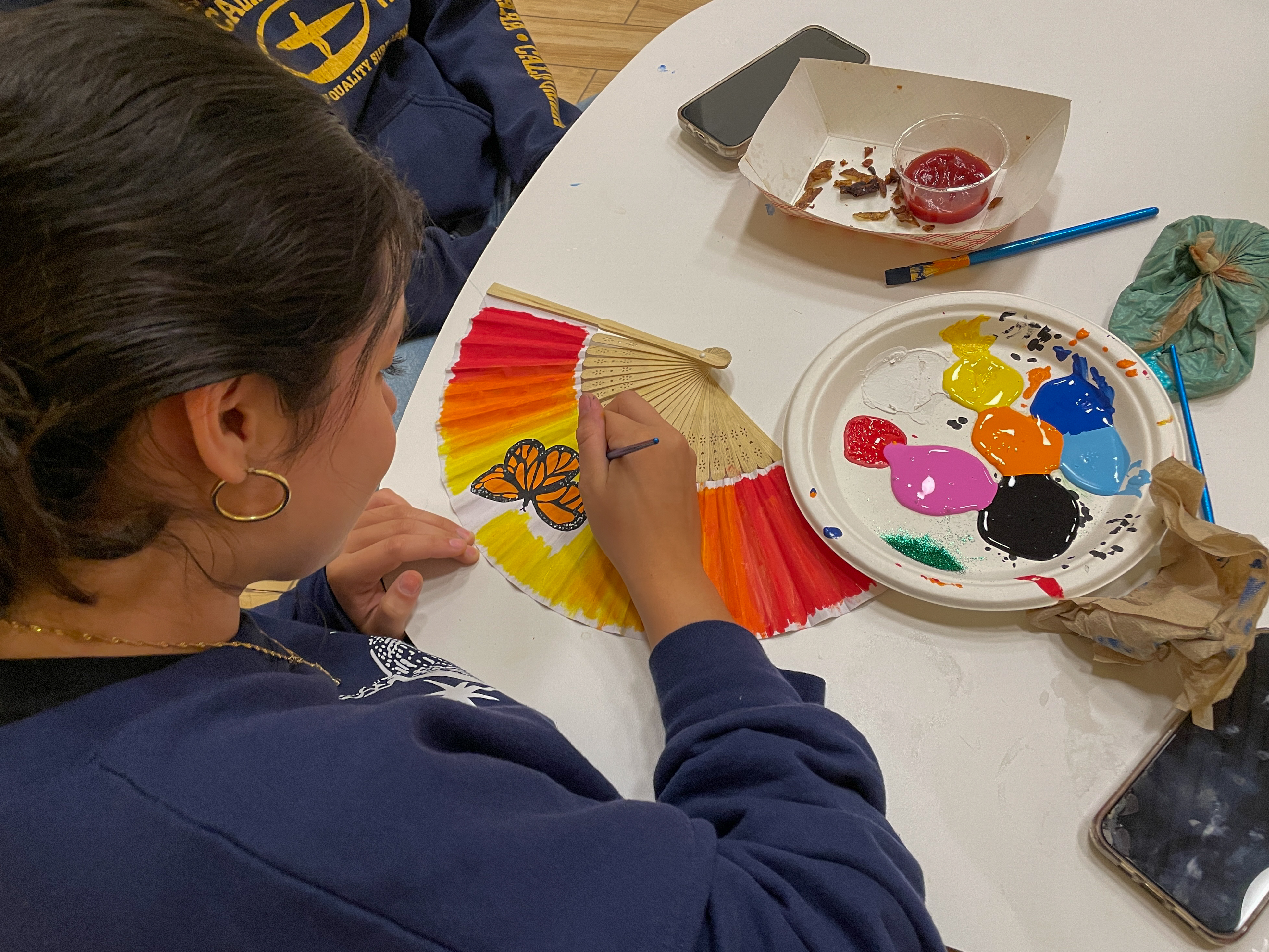Continuing its three-year streak of VEX Worlds Championship attendance, the Choate Robotics team recently had two robots qualify at the VEX Southern New England Tournament for the World Championship. The VEX Worlds Championship, which is held in Louisville, Kentucky, runs from April 25 to April 28 and hosts a number of international teams. Although five Choate teams made it to the semifinal rounds at the Southern New England Tournament, only 6106B and 6106C qualified to Worlds. Robotics captain Brian McGlinchey ’18 stated, “6106C is a pretty new team, and it includes mostly freshman and a PG. Because we have two teams going and we have more than the members on those teams going, we have divided up other members who have contributed to their teams a lot throughout the year onto B and C.”
The team has been preparing for the tournaments since earlier this year. “We started in September with building the robots, and we had our first competition in November. From there, every couple of weeks, we would have a competition,” explained McGlinchey. Robotics faculty adviser Mr. Andrew Murgio added, “We went to six local tournaments throughout Connecticut, and we had five robots qualify for the New England tournament either by winning one of the events, winning an award at one of the events, or posting a high score in our region.”
At the Southern New England Tournament, five Choate teams attended and competed for a spot at the World Championship. Robotics adviser Mr. Kyle DiTieri explained, “We got all five of our teams to the semifinals. Any teams that made it to the quarterfinal round would end up qualifying for Worlds. We were in an extremely fortunate position. In the first round, we actually had two Choate teams versus two Choate teams. It was kind of bittersweet.”
Although the team proved to be successful, students encountered challenges that involved adjustments to robots. “The hardest part was that this year was very much changing your robot and making it optimized. In past years, there was a certain variety in designs that were ‘meta’ that you didn’t really see this year.” Added McGlinchey. “This year, making the small things about your design better than other people’s really was the hard part.”
As for the specific design of the robot, team members have done their best to optimize their robot to meet the challenge. “This year, we are having both teams redesign their robots before Worlds,” stated McGlinchey.
“There is a little bit of inter-team competition, but I think when it comes down to it, particularly going into Worlds this year with two robots, there is a lot of collaboration between the people working on the different robots,” added Mr. Murgio. “The members of the team take to the idea of working on their particular task, whether that be a driver, a programmer, a builder, or a scout.”
The team hopes to continue their success and perform well at the World Championship. “My goal for this year is to get one of these robots onto the alliance at Worlds and get into the elimination rounds.” McGlinchey expressed. “It has been a great season and I am really proud of this year.” added Mr. DiTieri.
“This is our last year in this competition, because with the new program next year, we are moving to a different competition,” Mr. Murgio stated, in reference to the new Advanced Robotics Concentration program. This program will entail the FRC competition, which uses more real-world components and applications. “There is a Worlds Championship for FRC, but there is a very large likelihood that we would not be going because we are very new to the FRC competition. One of the reasons that we are pretty good at VEX and are able to go to Worlds is that we have experienced members who know what they are doing and how to use their parts to their fullest. With the new FRC robots, we don’t really know how to do anything with them. We built a test robot over the summer. It was a prototype, and I don’t feel like it was an efficient process,” added McGlinchey.
“We do very well at implementing good designs in the VEX tournaments, but the biggest limitation I’ve seen is that the VEX Robotics components and systems are limiting factors. They aren’t really used in the real world,” explained Mr. DiTieri. “We are trying to keep the VEX program in our academic courses, but now we are trying to go to a different competition that should have a larger focus on outside equipment, larger designs, better designs, and more realistic world challenges.”
“We have quite a few members who put in twenty to thirty hours a week into robotics and that really helps them.” Explained McGlinchey. Both the experience and the determination of the Choate Robotics team will be put to test during Worlds; however, the team has remained positive and looks to succeed. Mr. Murgio concluded, “They have done very well, and the kids have done a great job in terms of advancing the achievements of the team. It has been very much their doing.”





